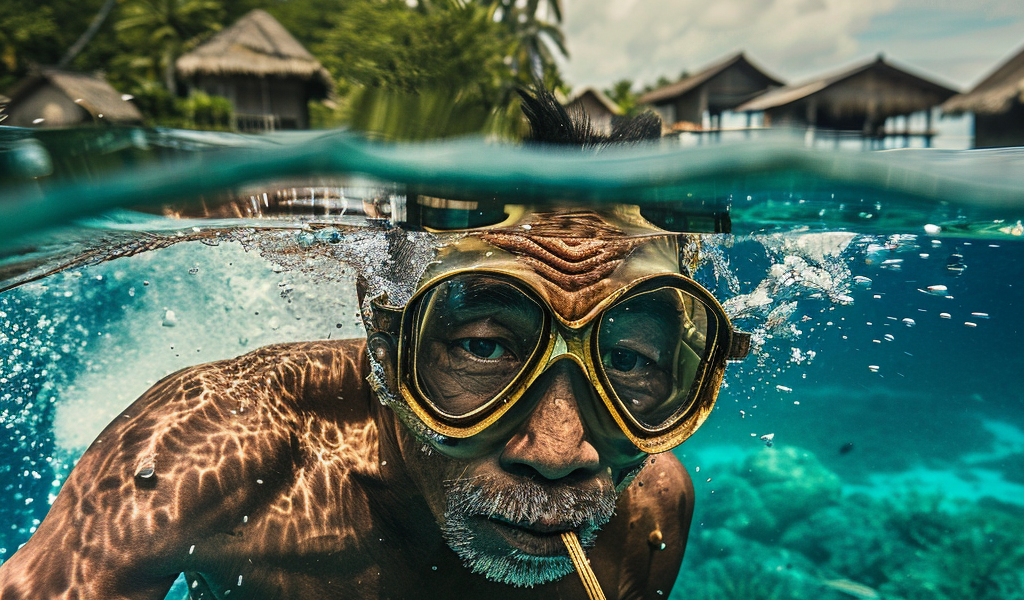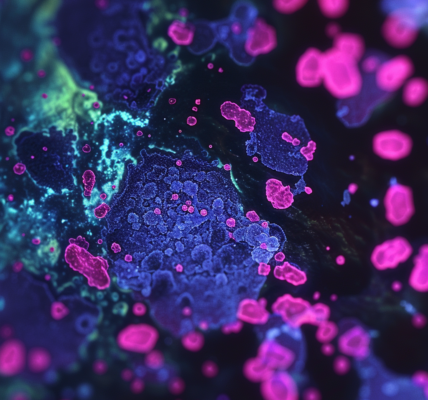The Bajau tribe, an indigenous group residing in Indonesia, is renowned for their remarkable diving skills, which allow them to explore the ocean depths with unparalleled ease. This unique tribe, often referred to as sea nomads, has developed an extraordinary genetic adaptation that significantly enhances their diving capabilities. Known as the “sea nomad gene,” this mutation enables members of the Bajau tribe to dive deeper and remain submerged for longer periods than the average human.
Living in floating homes along the coast, the Bajau people have honed their diving techniques over generations. They are capable of reaching depths of up to 70 meters without the aid of modern diving equipment. Instead, they utilize traditional tools such as stone weights and wooden goggles to assist them in their underwater endeavors. Their remarkable ability to hold their breath for extended periods is largely attributed to a unique physiological trait: an enlarged spleen.
When Bajau divers plunge into the ocean, their spleens contract, releasing a reserve of red blood cells into their bloodstream. This process enriches the blood with oxygen, significantly enhancing their endurance and allowing them to stay submerged for several minutes without the need to surface for air. Research conducted by Melissa Ilardo, a scientist at the University of Cambridge, indicates that Bajau divers can spend up to eight hours a day in the water, often completing dives that last as long as 13 minutes.
The genetic mutation responsible for the Bajau’s impressive diving abilities alters the production of specific thyroid hormones, which are crucial for the enlargement of the spleen. This adaptation is not merely a result of training or environmental factors; it is a hereditary trait that has evolved over time. The Bajau’s ability to dive and hunt for fish and other marine life has been essential for their survival, contributing to the development of this unique genetic characteristic.
Interestingly, the biological mechanisms that enable the Bajau tribe to dive resemble those found in marine mammals, such as Weddell seals. These seals are known for their ability to remain underwater for extended periods, thanks in part to their oversized organs that facilitate oxygen storage. Similar to the Bajau, Weddell seals have enlarged spleens that allow them to store more oxygen during their dives. This parallel highlights the fascinating ways in which nature adapts to the demands of specific environments.
Research findings reveal that the Bajau have higher-than-average levels of thyroid hormones compared to other populations, which likely contributes to their enhanced diving capabilities. This discovery not only sheds light on the incredible adaptability of the Bajau tribe but also opens up new avenues for understanding human physiology and genetic variation.
The Bajau’s unique adaptations have garnered significant interest from the scientific community, as they provide valuable insights into human evolution and the interplay between genetics and environment. As researchers continue to explore the genetic basis of the Bajau’s diving abilities, there is hope that these findings may have broader implications for understanding human resilience and adaptability in extreme conditions.
In summary, the Bajau tribe exemplifies the extraordinary potential of human adaptation to environmental challenges. Their remarkable diving skills, facilitated by a unique genetic mutation, allow them to thrive in one of the world’s most demanding habitats. As studies continue to unfold, the Bajau serve as a compelling case study of how genetics and lifestyle intertwine to shape human capabilities.





